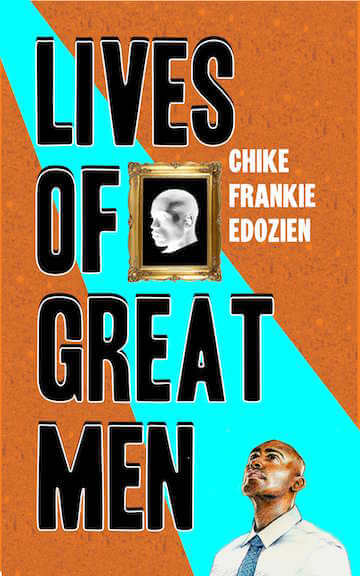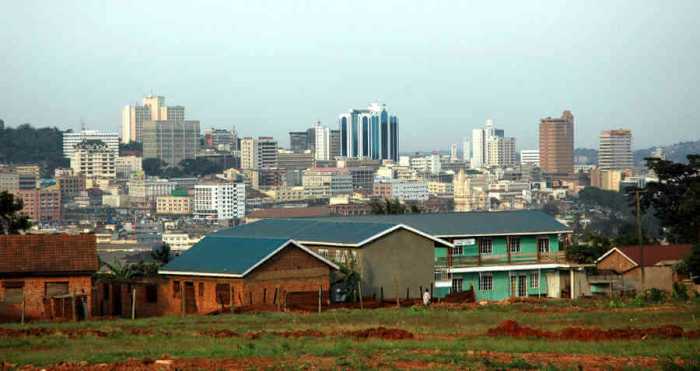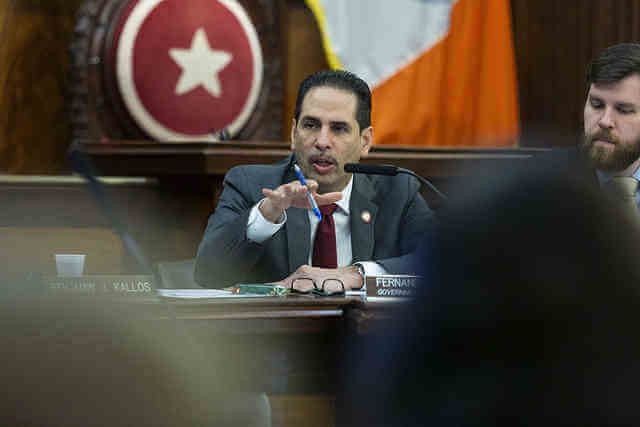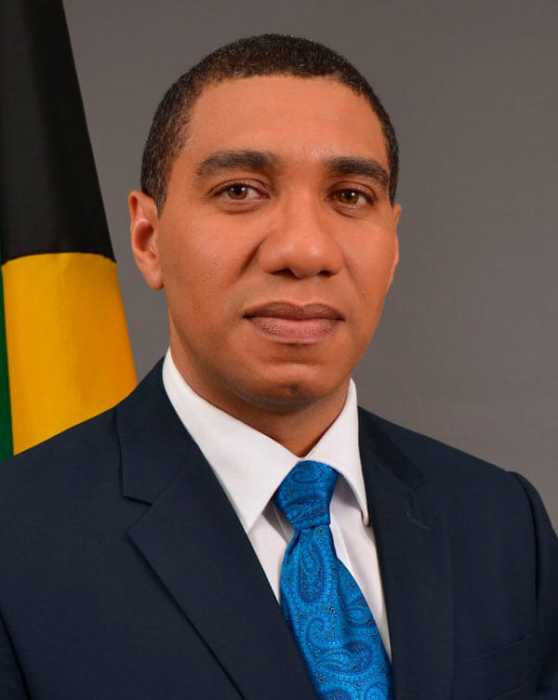Journalist Chiké Frankie Edozien has published a memoir, “Lives of Great Men: Living And Loving As An African Gay Man.” | JIMBÉ CARROLL
“Lives of Great Men: Living And Loving As An African Gay Man” is a new memoir by Chiké Frankie Edozien, detailing a life lived between America and Africa. Edozien grew up in Lagos, the capital of Nigeria, learning to read from newspapers his father brought home daily.
He later became an ink-stained scribbler telling the stories of others in service of a greater good.
Edozien is currently a journalism professor at New York University. Prior to that he was an award-winning metro reporter for the New York Post covering City Hall.
His work has also appeared in the New York Times, Quartz, Time Magazine, the Times of London, GlobalPost, Out Traveler, Edge, Colorlines, Vibe, the New York Amsterdam News, the Advocate, and more.
Nigerian-born NYC journalist Chiké Frankie Edozien has stories to tell
He is a contributor to the 2016 Commonwealth Writers anthology “Safe House: Explorations in Creative Nonfiction,” and in 2017 his “Last Night in Asaba” was published by Jalada Africa/ Transitions.
Edozien spoke to Gay City News about his new memoir.
MICHAEL LUONGO: What inspired you to write this book?
CHIKÉ FRANKIE EDOZIEN: As a result of a few recent legislative actions aimed at criminalizing queer people in many parts of the African continent, a narrative of gay Africa being a foreign concept was taking root. And with legal discrimination and the horror of people being routinely shamed, it was important to explore the more nuanced reality and celebrate the small victories the community is having.
ML: There are in reality very few books looking at the African gay experience.
CFE: One way to take away the power of a people is to erase or limit their ability to tell their own story. And what you end up with is a false narrative that there isn’t a market for these kinds of stories or these books. The belief is no one will read them, but the reality is everyone wants to see their stories in literature and as difficult as it was to get this published, we found Team Angelica Press who know there are many waiting to read a true reflection of this segment of the queer world.
ML: What is your favorite chapter, or story, within the book?
CFE: I love them all equally. But I’m especially moved at the portions where there are “aha” moments and heterosexual folk realize their queer friends and family are to be cherished and really not that different from them.
ML: How long did it take you to put this book together, in terms of the travel, and writing, and even the kernel of the idea from its origination?
CFE: Writing is re-writing so that process has taken several years just to get it right, but as a journalist I’ve been telling portions of these stories for two decades.
ML: Beyond LGBTQ identity, other aspects of Nigeria appear in your book, from differences between north and south, Christian and Muslim, rural and urban, along with the relationship with nearby Ghana. What can readers learn from these components of the book?
CFE: Even beyond my two most visited countries, they will learn of the diversity of the continent as we go from Uganda to Zimbabwe to South Africa, too. It’s not a monolith, and each African society has its own wonderful community of LGBT people with its joys and challenges.
TEAM ANGELICA BOOKS
ML: For yourself, within this memoir, you also talk about how you have multiple identities — immigrant, African, black, gay man, Western to some when home, worldly to yourself.
CFE: I’ve had the good fortune to be part of many communities and all those sensibilities make me the proud African New Yorker that I am. It’s a privilege to be a local in several countries. And it’s a great honor that my global citizenship allows me to tell the stories of these remarkable women and men.
ML: Some of the relationships in the book with some men seem undefined. Do you think that we in the West too often are hung up on labels, clarity over sexual identity?
CFE: Indeed. Those relationships aren’t exactly “undefined” but they do not fit neatly into a Western box. But all those relationships have love as their foundation. The notion that they can have a spouse or spouses and still have a companion closer than spouses poses no conflict to some. Everyone has their role to play.
ML: There is also a lot about men with wives, and yet they have relationships with other men, which also seems acceptable to some of the wives. Can you comment on this?
CFE: It is a contemporary Western idea that marriages now are simply the end result of falling in love. For some of these people, whether queer or straight, marriages sometimes have other considerations. Other obligations. So when those responsibilities are fulfilled, sexual fidelity may not always be the priority.
ML: The book also uses the locations in Africa to discuss what is ongoing in terms of LGBTQ rights — and the push and pull, the West using aid delivery to promote LGBTQ rights, yet Western Christian churches are also working to harm LGBTQ rights at the same time.
CFE: There isn’t a single story, hence the need to examine as many societies as one is able to. Religiosity is an issue, with some adherents of strict interpretation of Abrahamic texts pushing hard against any kind challenge to patriarchy whether it be gender expression or — horror of horrors! — acknowledging that sexuality is a spectrum and along that spectrum are many of our own people.
ML: What more on LGBTQ Africa should readers know — from the book or, more broadly, beyond news headlines?
CFE: That engagement is needed, but not the engagement that comes off as former colonial masters or imperialists telling African nations what to do. There is currently a vast amount of LGBTI people who have been forced to seek asylum in the West because of real danger to their lives. In the New York metro area, the numbers are growing daily. Beatings, kidnappings, and killings are not unheard of.
Yet there are many people who are working to ensure that all their brothers and sisters are understood and cherished and a safe environment is there for all. There is pushback from cultural icons, writers, and others in these countries and rays of light within dire circumstances. We must engage and encourage them.
And supporting those who have escaped horrors and ended up at our doorsteps is equally needed. Letting them languish in immigration limbo serves no one. The fight of LGBT equality worldwide is not won until all of us can benefit, but recognition of the efforts happening ought to be acknowledged and supported. Change comes when conversations and different viewpoints are allowed to co-exist.
And I’m hopeful the stories in this book hit home to many and each one of us can play a role in making our world a more hospitable place. Everyone has a bit of power but they must be aware of it. Reading these stories and talking about them are early steps to change.
On Thursday, November 30, from 5 to 7 p.m., Chiké Frankie Edozien will read from “Lives of Great Men” and host a Q&A at NYU’s Africa House, 14A Washington Mews, just off University Place, between Waverly Place and East Eighth Street. Details are at nyuafricahouse.org/?risen_event=book-reading-lives-of-great-men.
LIVES OF GREAT MEN: LIVING AND LOVING AS AN AFRICAN GAY MAN | By Chiké Frankie Edozien | Team Angelica Books | $14.99 | 266 pages | teamangelica.com/lives-of-great-men







































